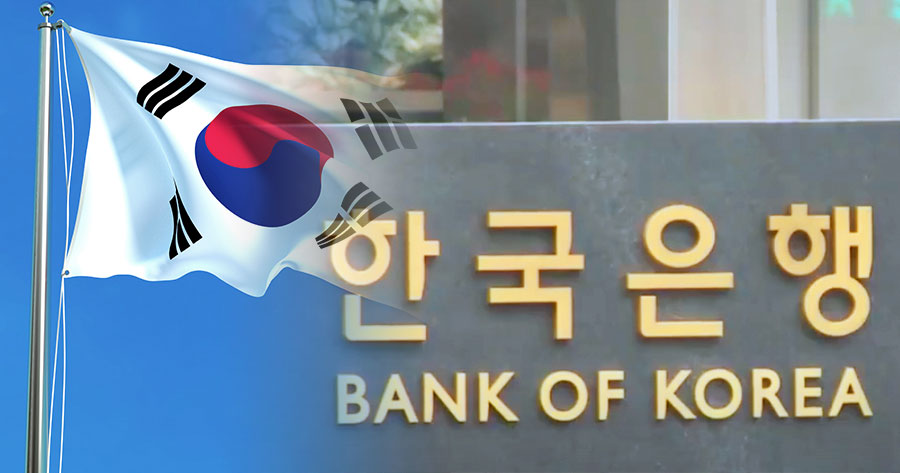The European Central Bank is anticipated to keep interest rates unchanged this week following a reduction in June, marking its first rate cut since September 2019. This decision is being made against a backdrop of lingering uncertainty surrounding inflation dynamics, particularly emanating from the labor market, which has tempered the central bank’s inclination towards swift rate adjustments.
Given the absence of fresh quarterly data such as GDP, compensation, and labor productivity metrics, the Governing Council of the ECB will have to rely predominantly on survey data to inform their decision-making process. Early July’s Purchasing Managers’ Index indicated a contraction in the manufacturing sector, while Germany’s highly regarded ZEW Index noted a more significant decline than anticipated, signaling a deteriorating business outlook.
Although the economic trajectory appears to be clouded with uncertainty and skewed towards the downside, the inflation outlook remains ambiguous. Recent inflation figures revealed a decrease in headline inflation, yet wage growth continues to pose a substantial concern for the ECB.
In June 2024, the euro area recorded an annual inflation rate of 2.5%, down from 2.6% in May, with a notable decline from the 5.5% rate reported a year earlier. Similarly, the European Union’s annual inflation rate stood at 2.6% in June 2024, marking a slight drop from the 2.7% recorded in May.




